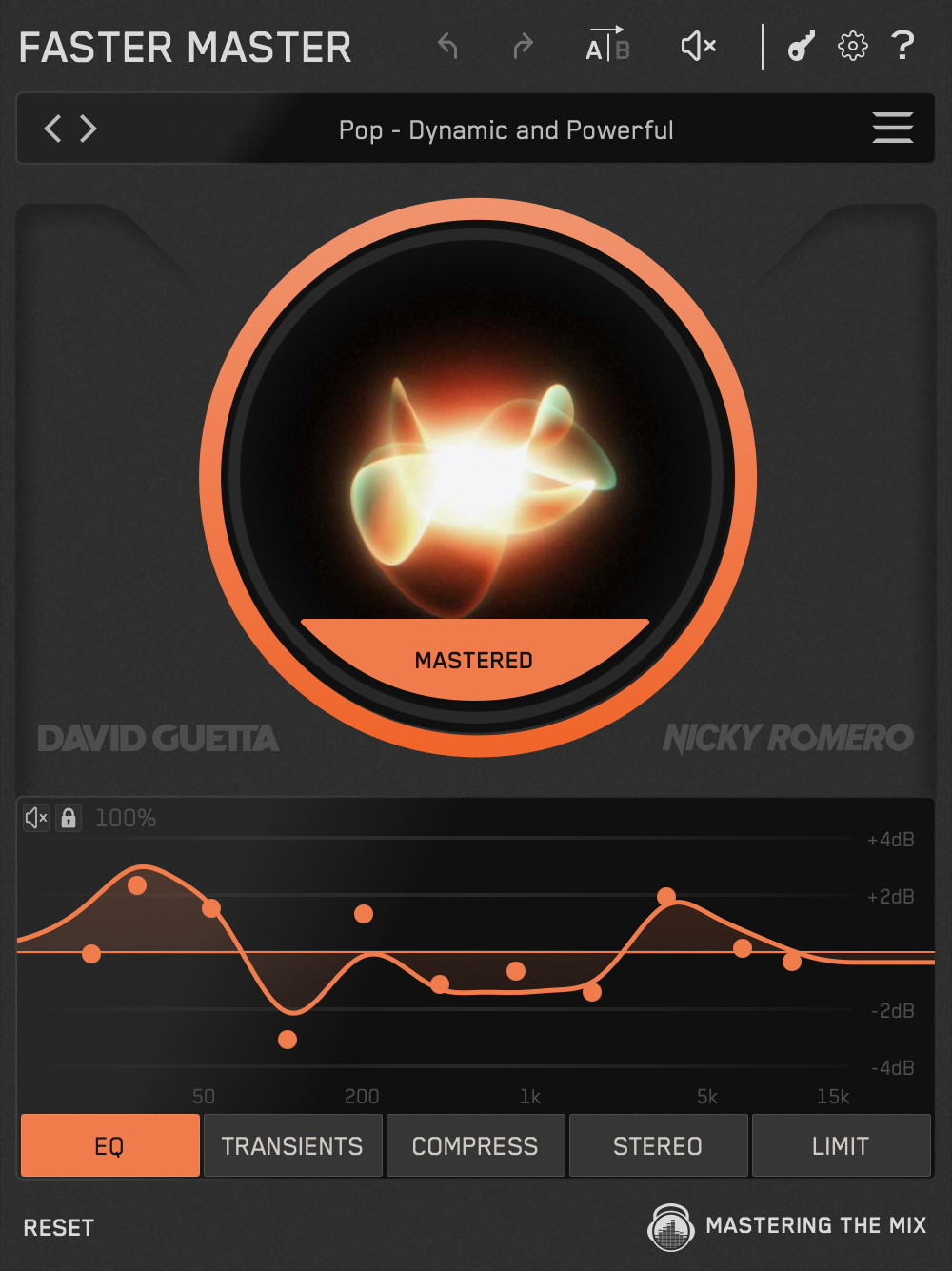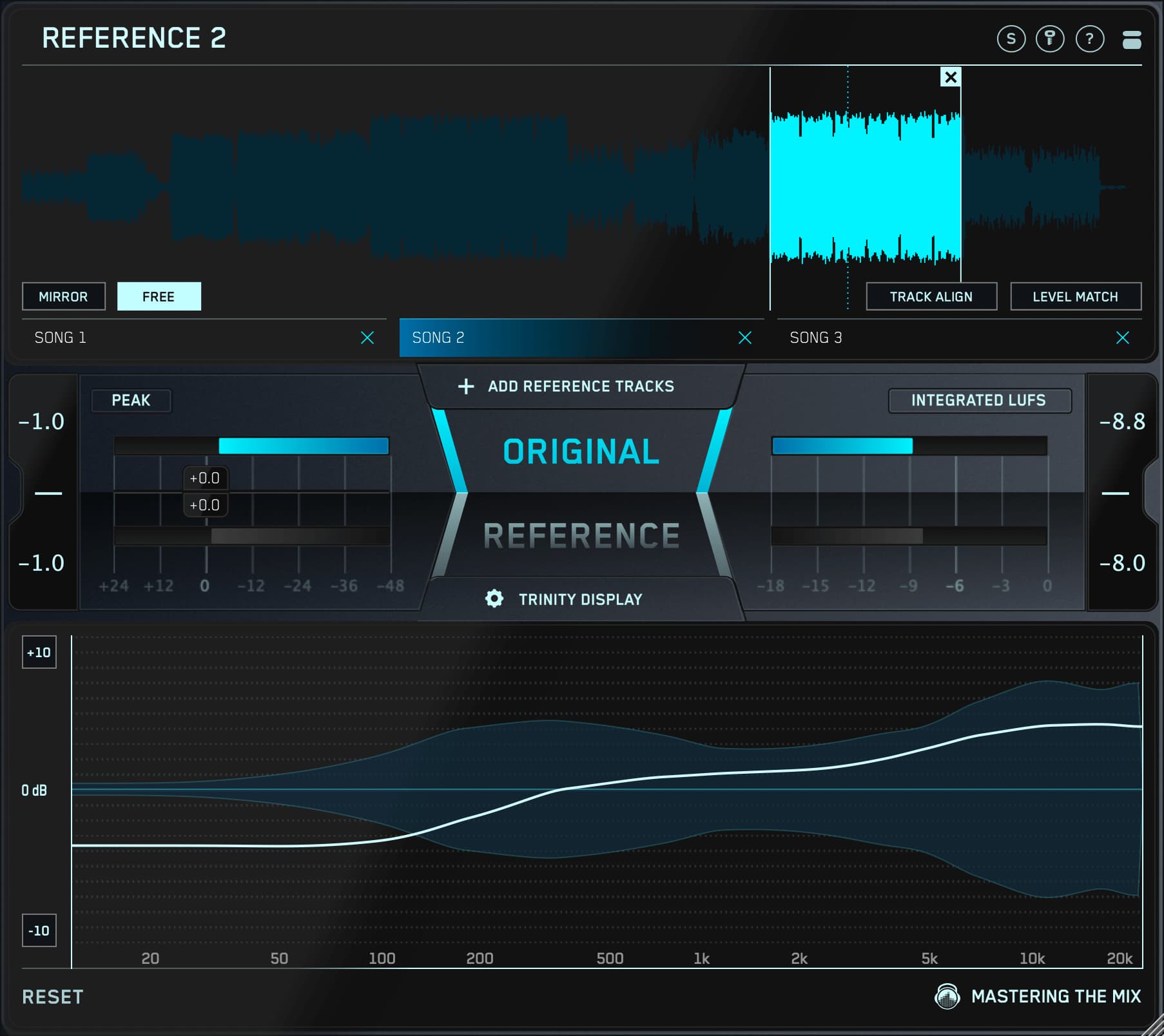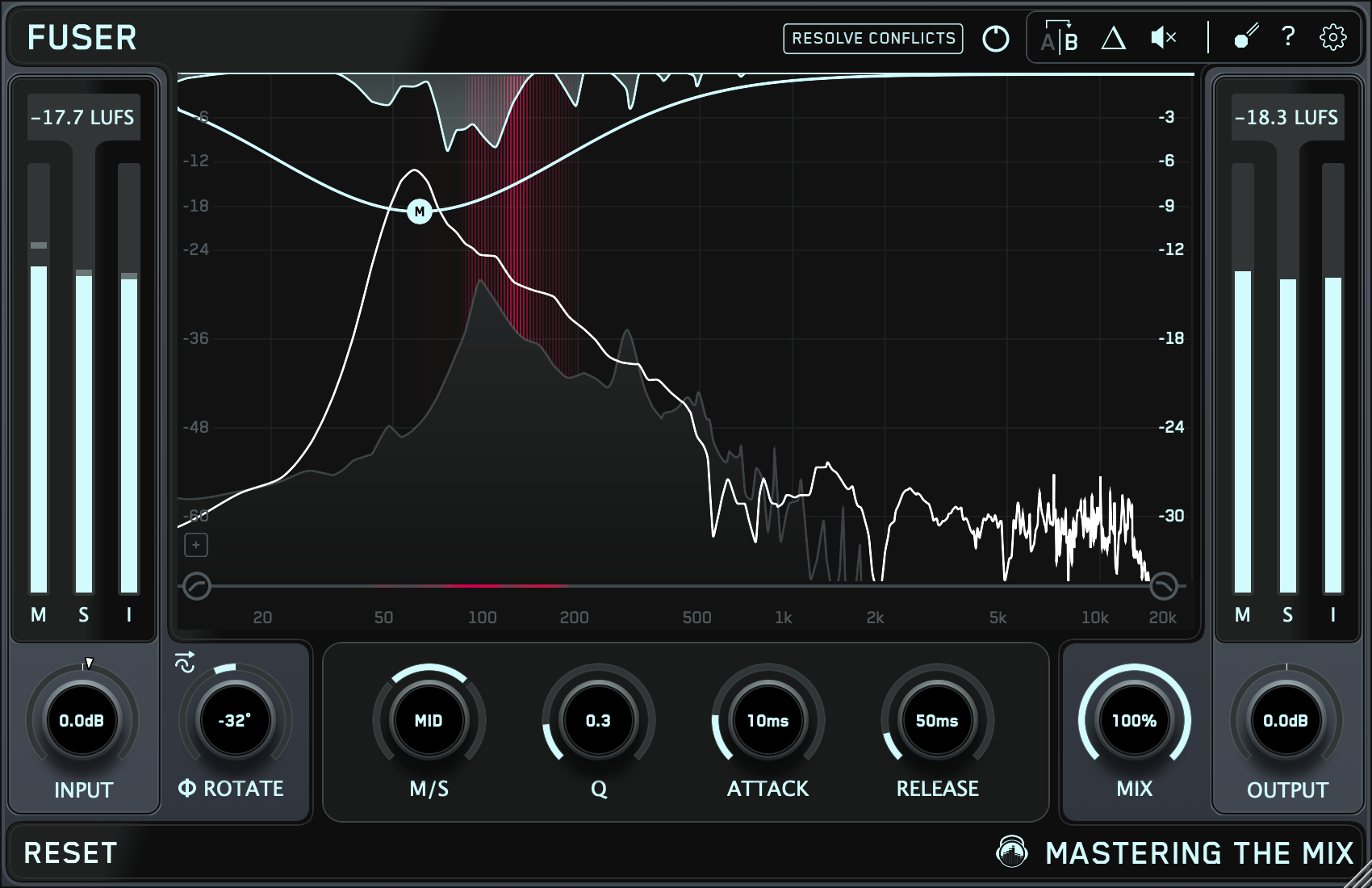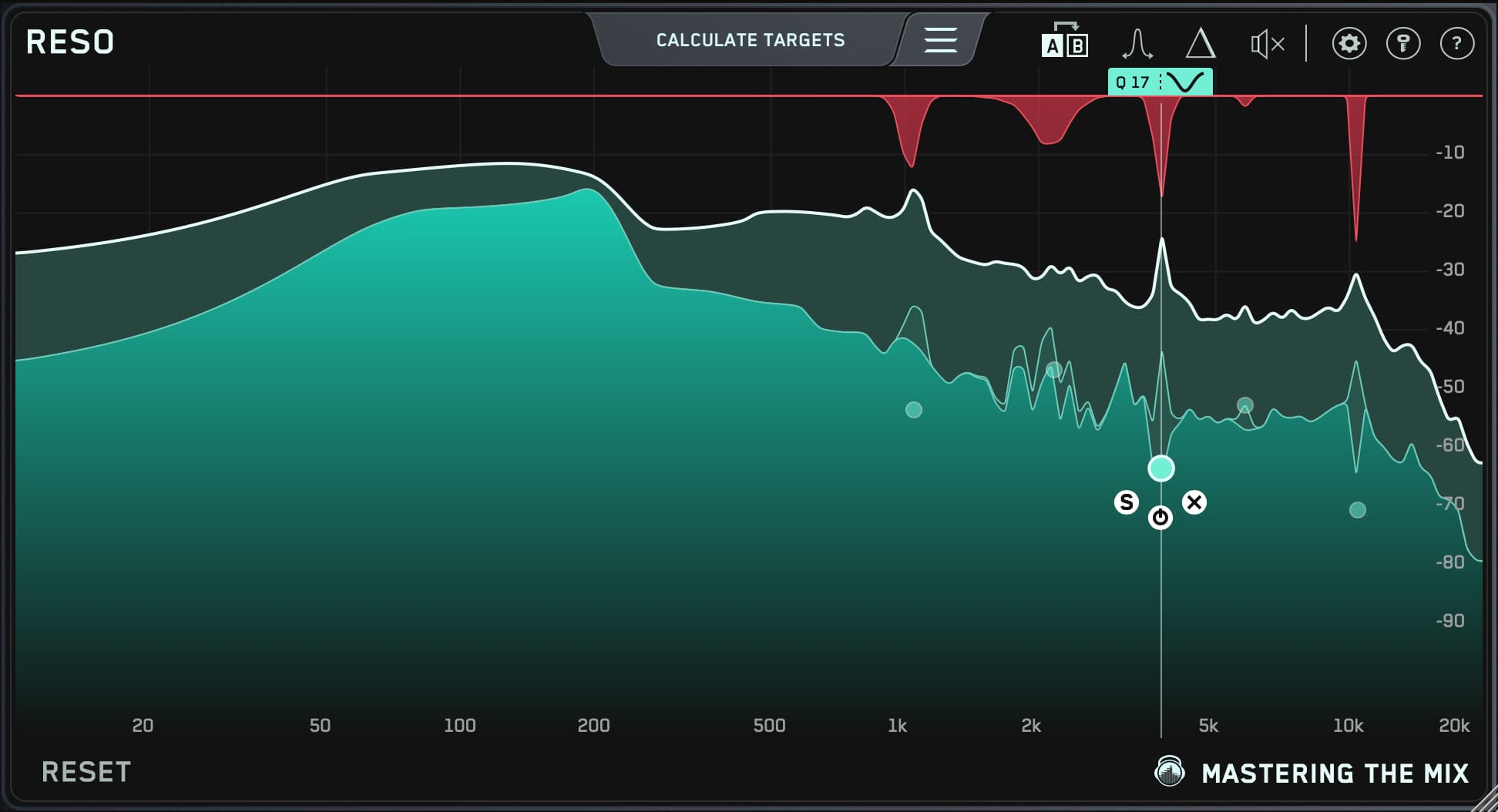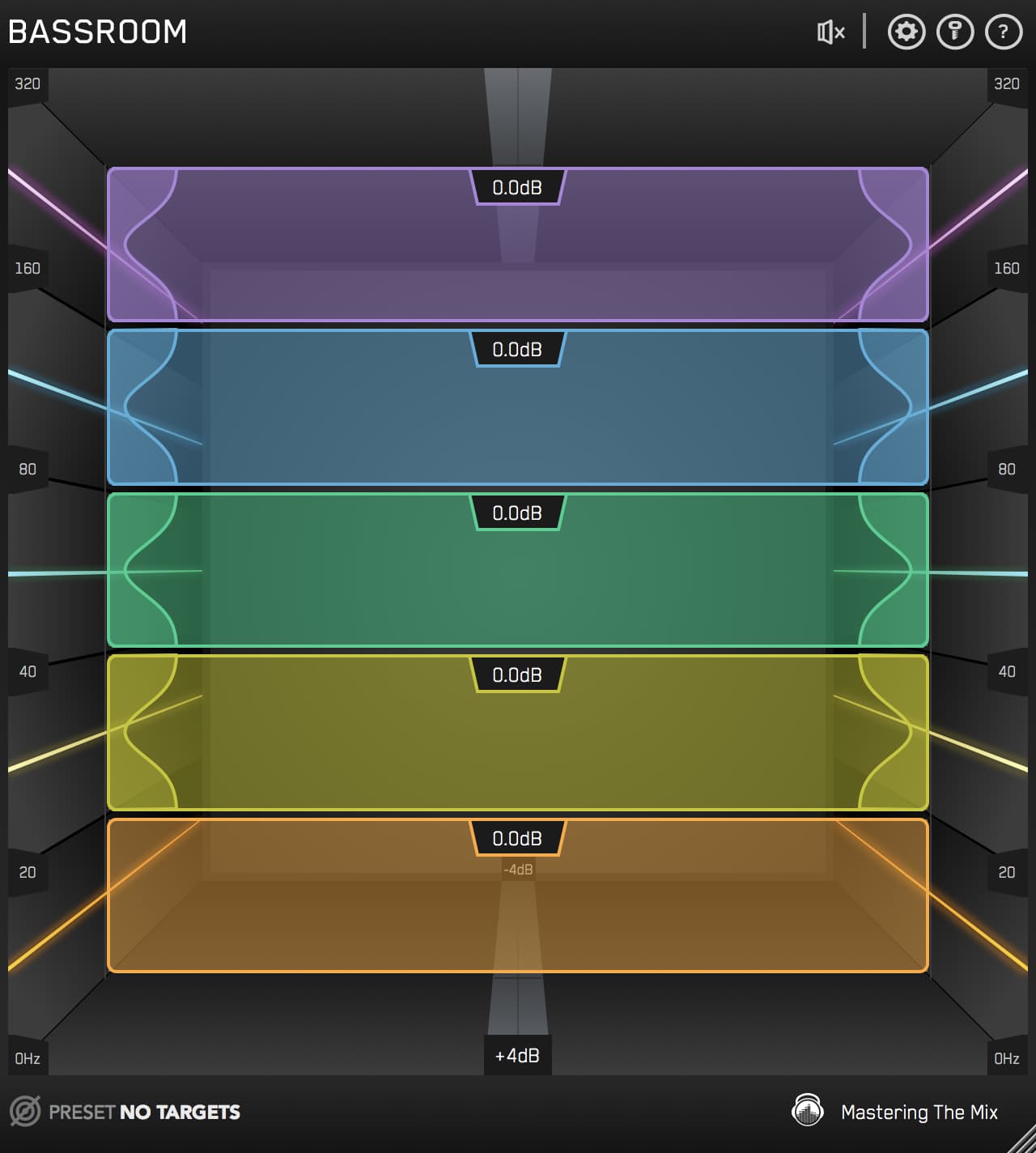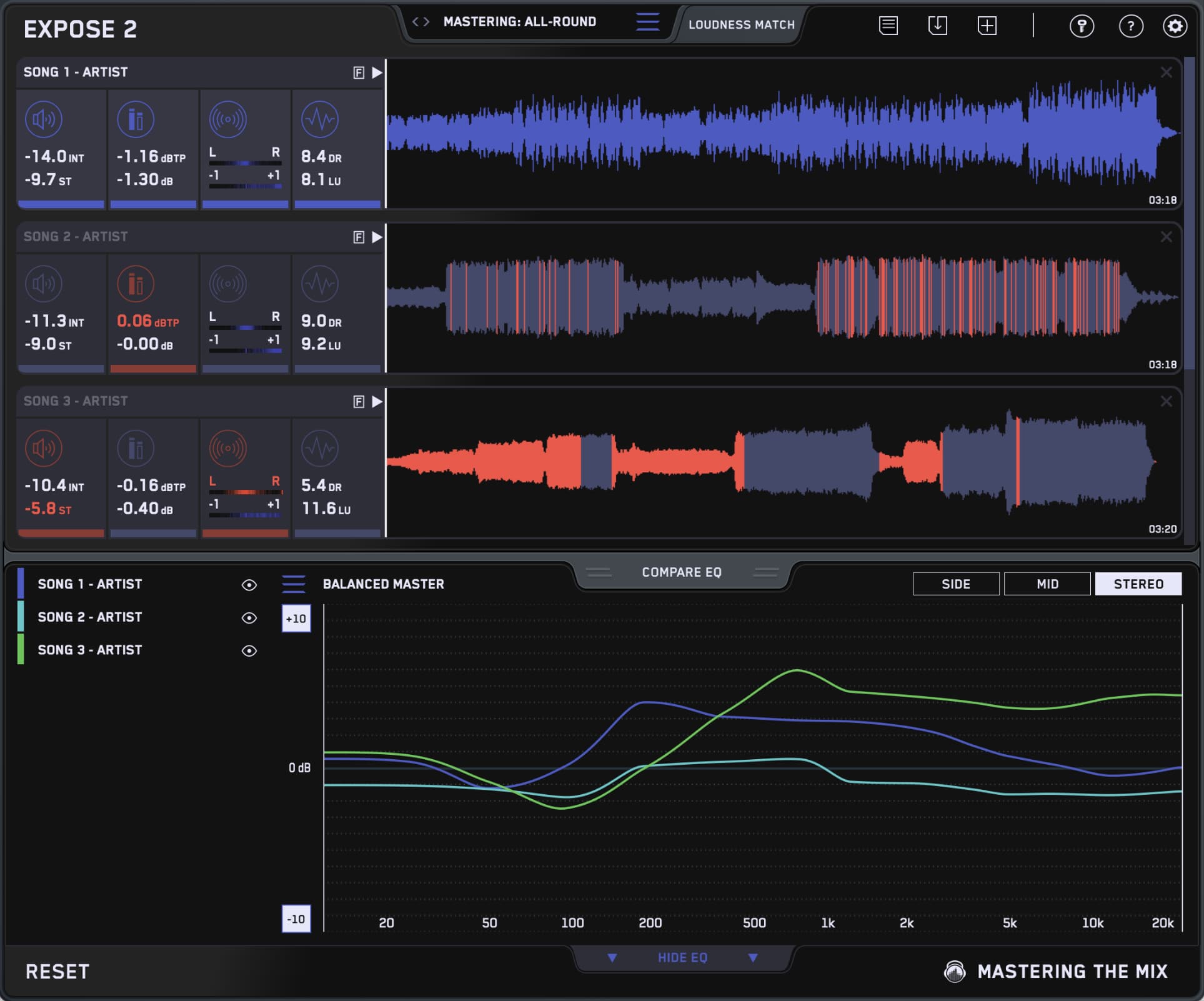Let's be honest—it's not easy to make it in the music industry. It takes a lot of hard work and commitment to find success. That's why it's so important to start building healthy habits that help you reach your goals. In this blog, we'll share some of the most common habits you need to build in order to become a successful musician.

Practice Every Day
Pablo Casals, one of the greatest cellists of the 20th century, was once asked, "Why do you still practice six hours a day?" He answered, “Because I think I’m making progress.”
According to Malcolm Gladwell, it takes 10,000 hours of practice to master any skill, and music is no different. That's why it's important to set aside time every day to practice your instrument. Following this logic, if you practice an hour a day, it should take you about 27 years to master your instrument. That's why many of the world's greatest musicians practice for several hours a day.
At first, you'll start with the basics, like scales, arpeggios and chords. Eventually, as your skills continue to grow, you can begin practicing intermediate and advanced techniques. However, it's still important to spend some time on the fundamentals each day, until they're firmly embedded in your muscle memory.

Learn Music Theory
Look, I know that music theory is complicated and can be difficult to learn, but it's absolutely fundamental to improving your songwriting chops. You might be thinking, "The Beatles didn't know music theory!" But that's not entirely true. Sir Paul McCartney has stated multiple times that no one in the Beatles could read or write music, but that doesn't mean they didn't know music theory.
Look at it this way—most of us learn to speak before we read or write. We're perfectly capable of communicating with others verbally, just not in written form. Music is much the same. Just because you can't read or write it, doesn't mean you can't create or perform it.
If you know any scales or chords on your instrument—even if you know what a scale or chord is—you already have some understanding of music theory. Learning how to read and write sheet music won't necessarily make you a better songwriter, but understanding the fundamental rules of music and how they apply to your instrument certainly will. That's why it's important to set aside some time and learn the basics of music theory—especially scales and chords.

Train Your Ears
Have you ever met someone who can play a song after hearing it just one time? Or someone who can tune a guitar by ear? Or someone who can identify exactly which frequency is sticking out in your mix?
Oftentimes, we attribute these skills to having "perfect pitch"—a phenomenon in which roughly 1 in 10,000 people are able to identify or re-create a given musical note without a reference tone. However, the truth is, lots of people are able to do these things, even without perfect pitch. It just takes a little ear training.
Ear training is just like training any other skill—all it takes is practice. Many musicians work on ear training while in school, learning to identify the pitch of certain notes by ear. However, engineers and producers can do this too, even if you don't play an instrument!
Golden Ears by Moulton Laboratories is an ear training program designed specifically for recording engineers that helps you learn to identify changes in frequency, level, effects and more. Golden Ears has been a staple in the pro recording community since it was released in 1992, but there are plenty of other ear training programs available as well.

Play With Other Musicians
Music isn't made in a vacuum. Collaborating with other musicians can be a great way to generate new ideas, learn new techniques and step outside of your comfort zone. Whether you're writing, recording or just jamming, making music with another person provides a lot of opportunities to grow your skills with new styles and genres.
As a songwriter or producer, it can be a great experience to work with a writing partner—someone to help you when you get stuck. And as a musician, there's nothing like the "give and take" of playing with another person. It allows you to tap into the classic "call and response" nature of music, which is difficult to do as a solo act.
Additionally, performing live with other musicians is a great way to keep your chops up. The pressure of potentially messing up during a live performance is a great way to motivate yourself to practice. And there's no feeling in the world like performing live on stage—it's a high that no drug can recreate. But it can be quite intimidating to perform all by yourself, and having some additional musicians on stage to rely on can help alleviate some of your anxiety.

Study Music
Successful musicians aren't just fans of music, they're scholars. Don't worry—you don't need to be a music theory expert to study music, you just need to pay close attention. Set aside some time each week to listen to new music, both new and old.
Listen to the most popular songs of the week, both Top 40 and within your specific genre (assuming you don't make pop music). Try to identify common tropes and trends—you'll start to see all sorts of patterns. You might notice that a particular sound is all the rage lately. Or a certain technique—like thick, layered background vocals, or sparse, reverberant arrangements.
Additionally, it's also important to listen to the classics. The Beatles didn't become one of the biggest bands in the world by accident. Even if you're making modern EDM, you can still learn a thing or two about songwriting and arranging from the greats.

Write A Song Every Day
This is a classic technique that plenty of great songwriters have used to hone their craft. Writing at least one song every day is a great way to improve your songwriting skills, as it forces you to come up with new ideas under a tight deadline. This can be especially useful if you feel like you're writing the same song over and over, as it quickly becomes apparent what "crutches" you keep returning to.
Having said that, the important thing here is that you sit down and write something every day. You don't need to try to write a better song than you did the day before. It's more about the journey than the destination. Practicing your songwriting skills will make it easier to overcome writer’s block when it happens, and allows you to write better songs faster over time.
Obviously, it can be hard to find the time to sit down and write every day, especially when writing a song could take anywhere from 15 minutes to a few hours. To help capture inspiration as soon as it strikes, try carrying around a small notebook with a pen so you can jot down ideas as soon as they occur.

Take Care Of Yourself
Musicians aren't exactly known for their outstanding "self-care" routines, but it's important to take care of your body and mind to make sure you're able to give your best on stage and in the studio. When you're tired, hungover, and the only thing you've had to eat all day is coffee, you won't be able to think as clearly, which can affect your performance and your creativity.
Developing healthy habits is one of the best ways to make sure you're able to consistently reach the peak of your creativity. Make sure you're getting plenty of rest each night—especially before performances, recording sessions and group songwriting sessions. Make sure you're eating a balanced diet to ensure you have the energy to push through those long sessions.
It's also a good idea to incorporate some exercise into your routine—and no, lugging your bass amp up and down the stairs for your set each weekend doesn't count. Yoga can be a great way to exercise your body and your mind, and has been known to enhance your creativity. Meditation is another great way to keep your mind clear and focused and can be especially useful before a live performance.

Be An Active Member Of Your Community
If a tree falls in the forest and no one is around to hear it, does it make a sound? As a musician, it's easy to lock yourself in a studio and ignore the outside world. But without a community to support your music, no one will hear it. That's why it's important to support your local music scene.
The best way to get other people to support you is to support them first. Start by liking, commenting and sharing posts from local artists in your area, as well as up-and-coming regional and national artists in your genre. Not only will this help build more connections with other artists, but it’s also completely free!
Another great way to insert yourself into the scene is to go to shows—just don't ask to be put on the guest list! Frequent your local music venues and make friends with the staff. Be sure to tip the bartenders, too! Over time, as you continue to make connections, you'll notice more and more doors starting to open.
Remember, just because it's comfortable to lock yourself in your studio every weekend doesn't mean it's the best thing for your career. Opportunities start to present themselves when you put yourself out in the world—but nothing happens when you stay home.

Be Patient
Becoming a successful musician doesn't happen overnight—it can take years of hard work. Over that time, you're going to hear a lot of criticism. One of the most important skills you'll develop as an artist is the ability to process criticism.
Everyone will have an opinion about your music. The challenging part is learning whose opinion to listen to, and who's to ignore. Here's a good rule of thumb: don't take criticism from someone you wouldn't take advice from. Following this approach makes it easy to filter comments so you can focus on what will help you grow and ignore the rest.
Eventually, if you play your cards right, you might find success. But that entirely depends on what you define as success. Is it getting signed? Landing a number 1 hit? Going platinum? Your perception of success will change as you continue to grow. That's why it's important to be humble and stay patient.
Integrate just a few of these habits into your life to speed up your journey of becoming a successful musician.


